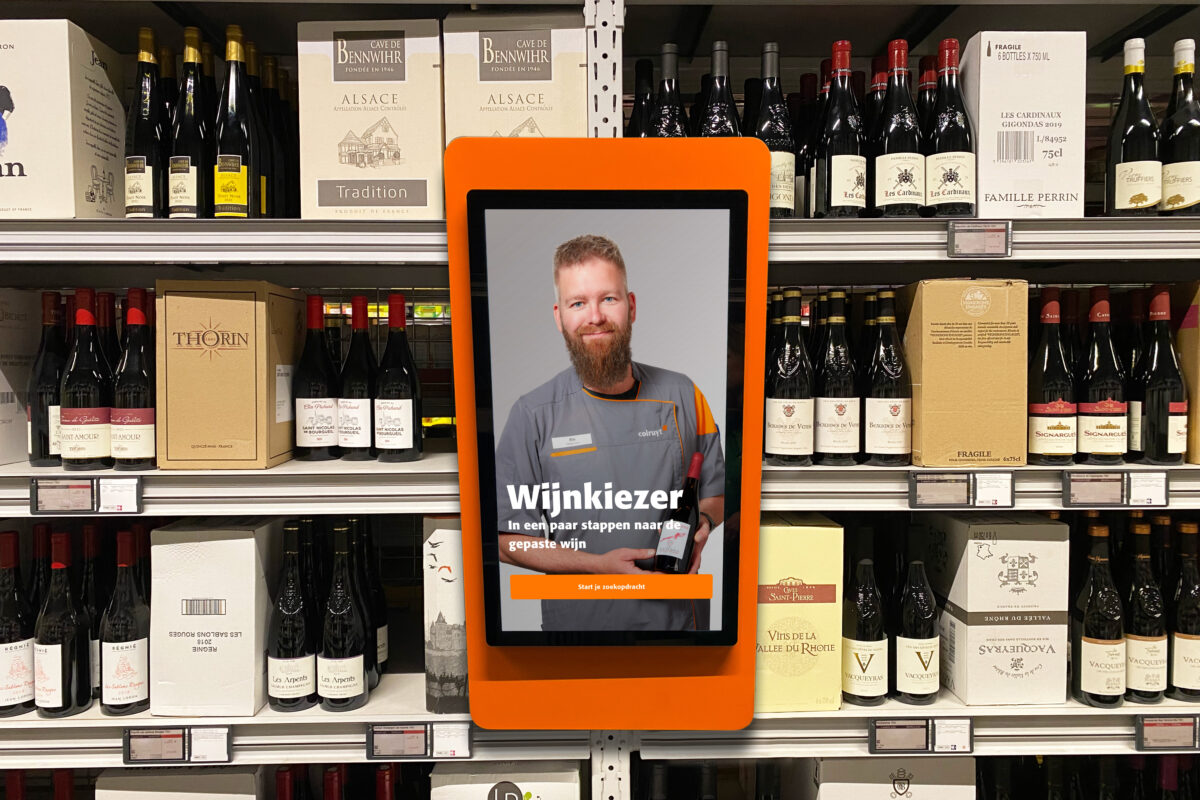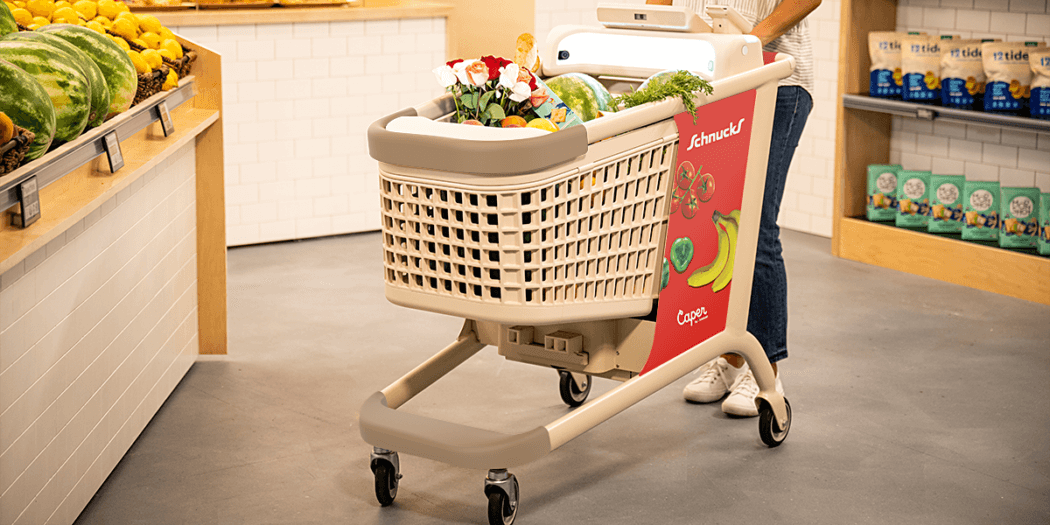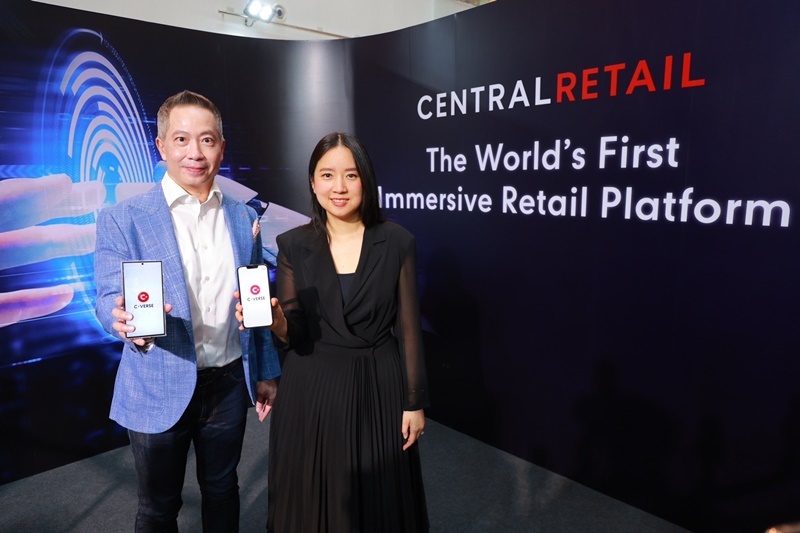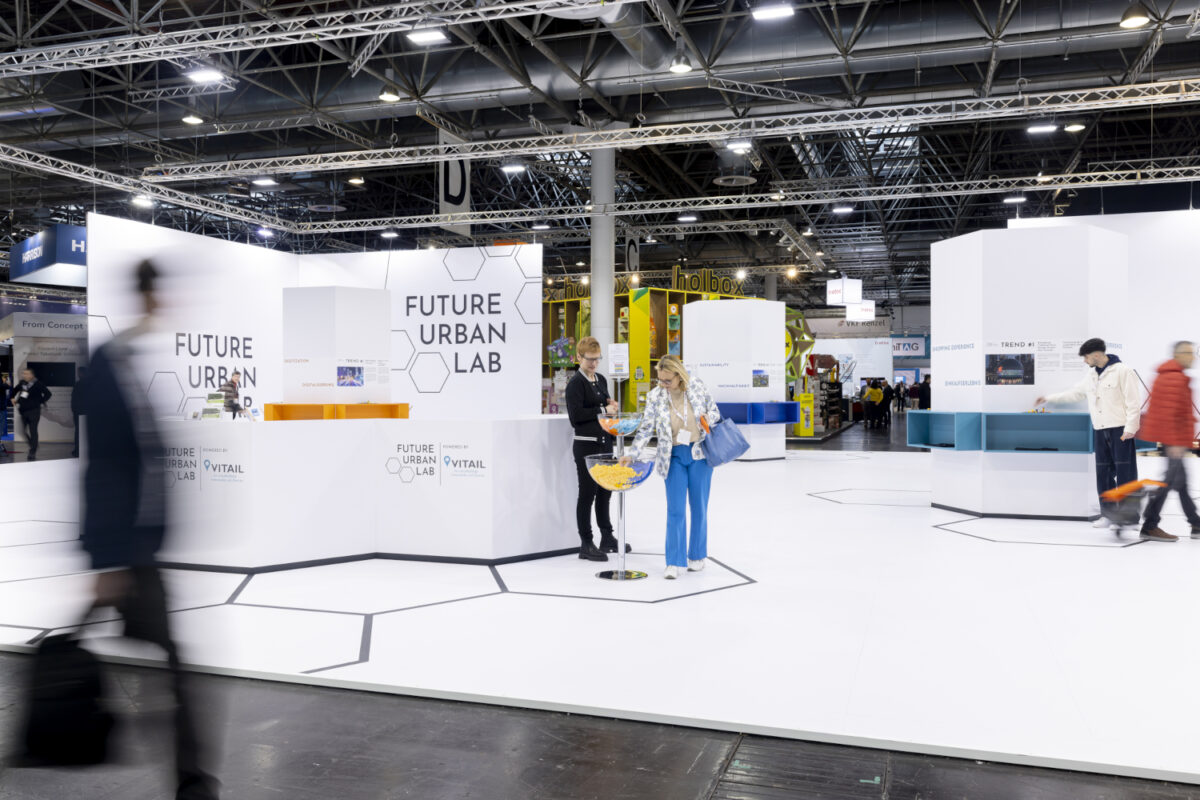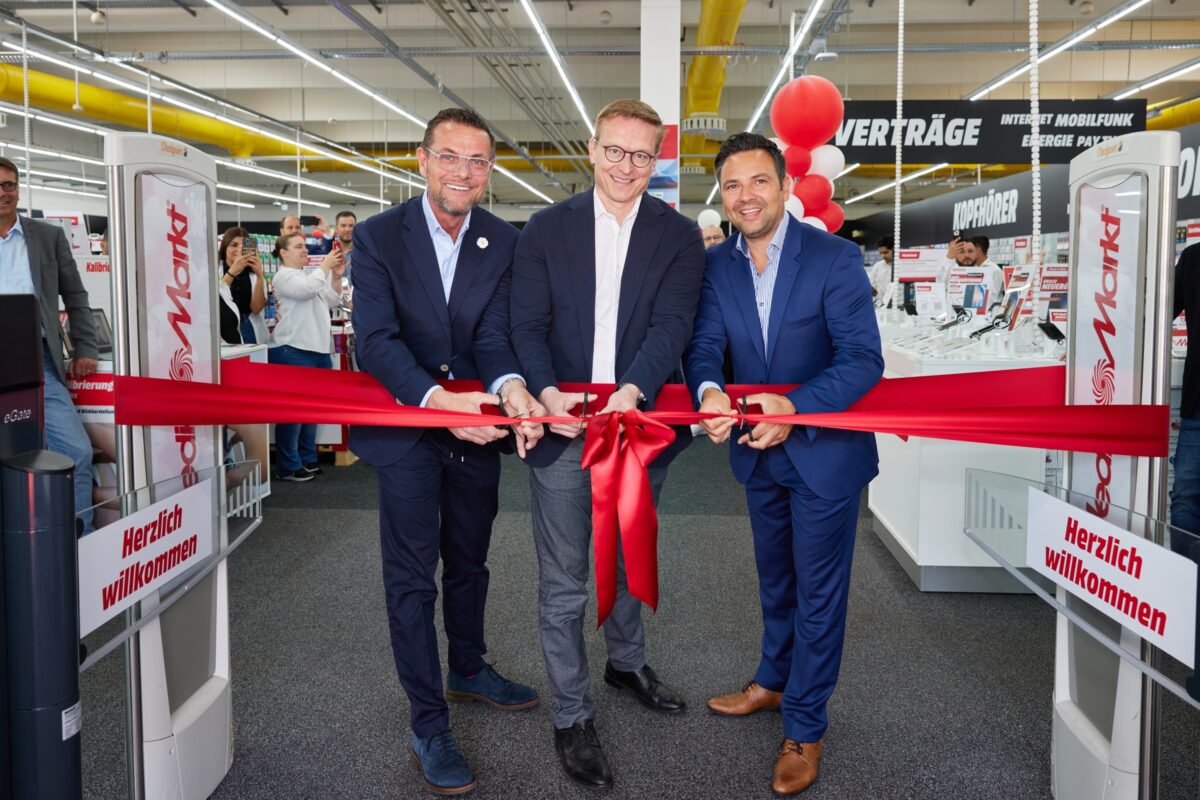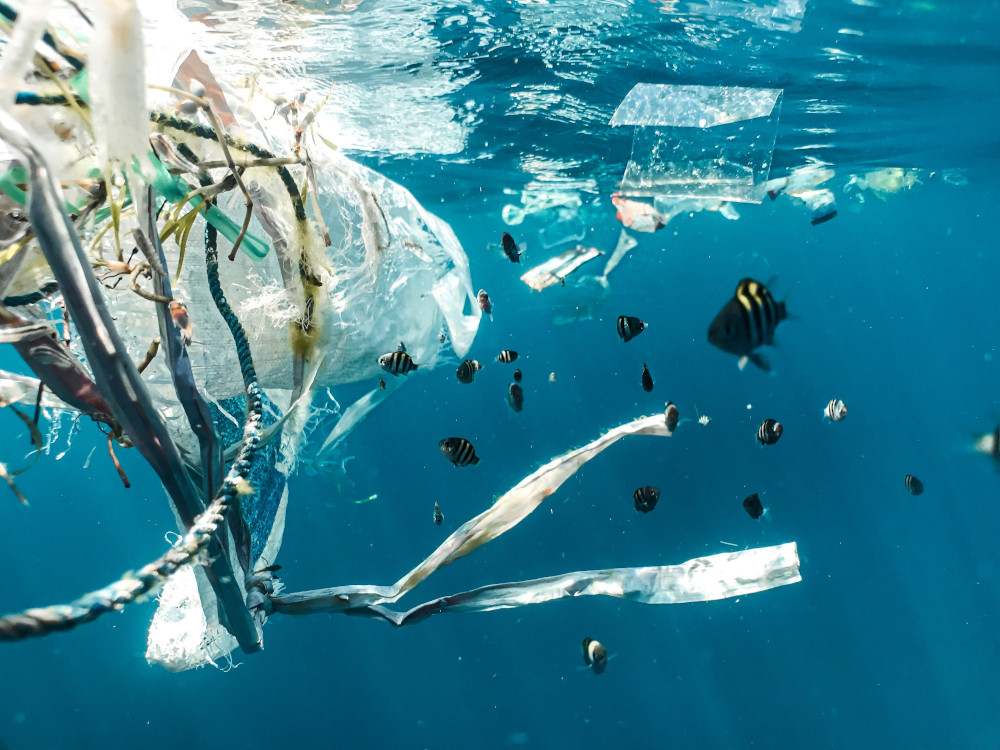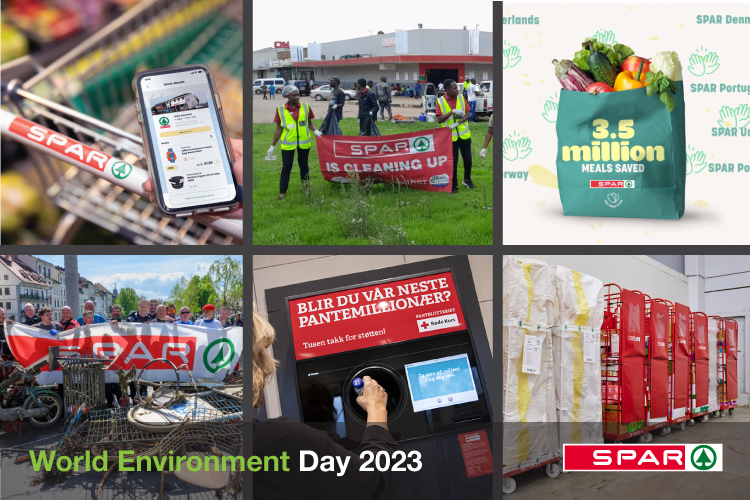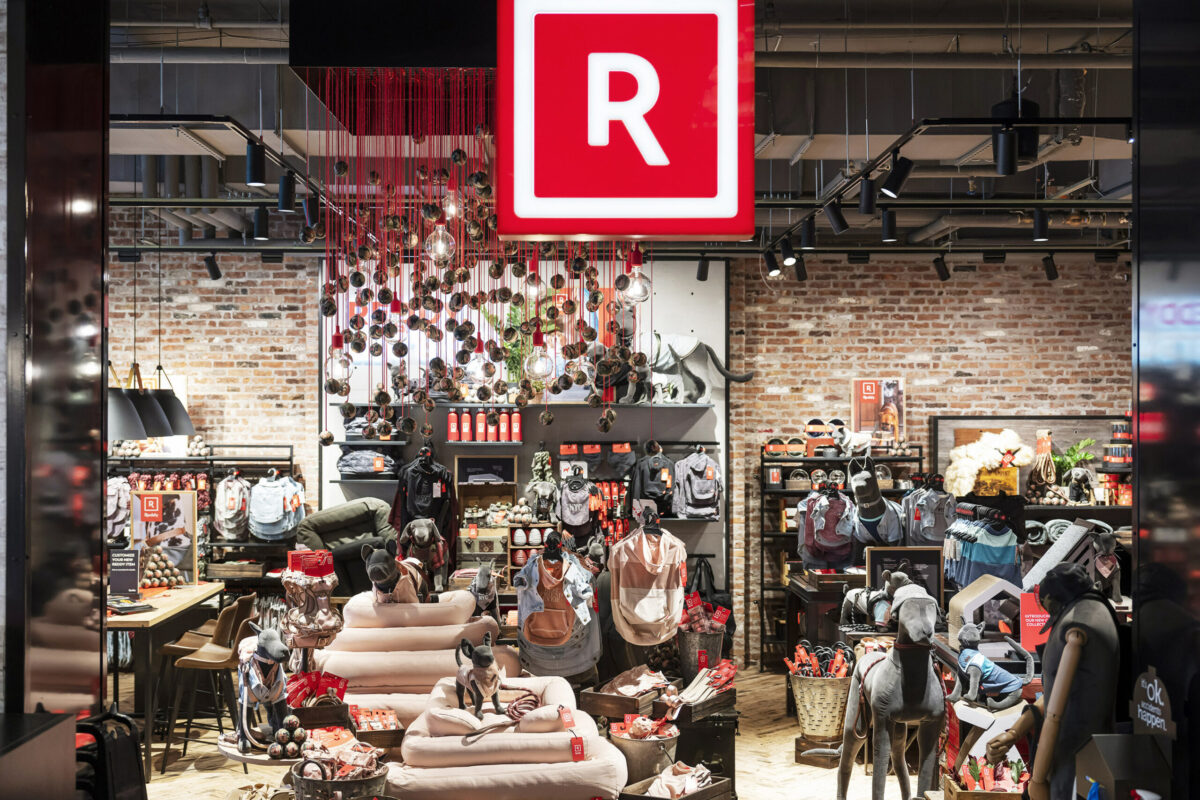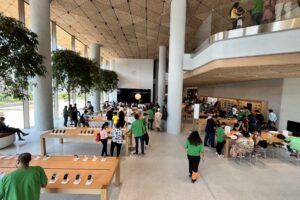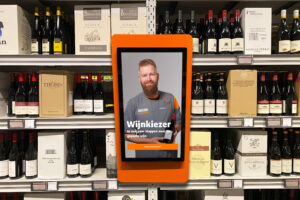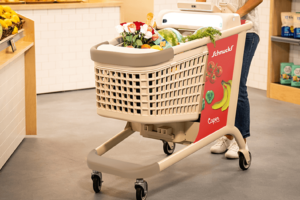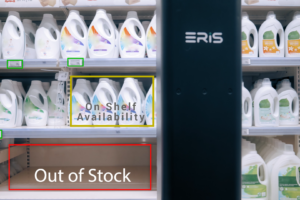How service-learning projects prepare students for the job market and help strengthen retailers in inner cities post-pandemic
by Elisa Wendorf (exclusively for EuroShop.mag)
The Bachelor of Science in Energy and Climate Protection (German: BWL- Energie und Klimaschutz) program at the Biberach University of Applied Sciences (HBC) gives students the opportunity to apply their theoretical knowledge and skills to community-based activities. In the context of these so-called service-learning projects, processes such as design thinking come into play.
The approach engages in collaboration with community partners such as educational institutions or cities and municipalities. During the past semester, HBC students explored innovative retail solutions reflecting the COVID-19 pandemic. We had a conversation with Professor Jochen Weilepp, who initiates the projects.
Professor Weilepp, what are service-learning projects?
Jochen Weilepp: Service learning is a teaching and learning approach that connects academic learning at the university or other educational institutions with organizational practical experience and social commitment. Projects between academic and non-academic institutions and people provide unique opportunities for everyone involved: Students make meaningful connections between academic theory and practical applications. Academic instructors tap into new fields, allowing them to develop new research questions. The community partners benefit from the creativity and curiosity of the students. Ultimately, the blend of practical and scientific alignment improves the quality of the project outcomes. Human-centered approaches to innovation such as design thinking offer a wide set of creative processes, making them a popular tool in service-learning projects. The basic approach of design thinking emphasizes problem solving and new idea generation.
How is the project integrated into the degree program?
The Bachelor of Science in Energy and Climate Protection prepares students for their career in companies with a strong focus on energy management. That being said, the core emphasis is still business administration with all its business discipline areas – including accounting and finance, marketing, organizational and strategic management, human resources management, and creative leadership. The entrepreneurship module in the sixth semester gives students a guide to starting a business and highlights the interconnection and relationships between the individual business disciplines. It’s a great side benefit if this sets students on the path to starting their own business!
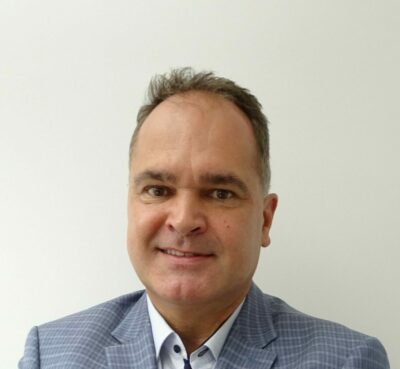
Prof. Dr. Jochen Weilepp // © Biberach University of Applied Sciences
What are students required to do?
The students must first develop a business idea for a given design challenge, assess its marketability and make adjustments later on, if needed. Subsequently, they need to identify the main components of a business plan with the help of a guided process. At the end of the course, students present the business plan in front of an external jury – comprising venture capitalists, business angels, and economic developers. All models are reviewed, assessed, and in some instances contentiously debated. Teams that want to refine their business plans can do so with the support of our incubator.
What do you hope to gain from the end results of the completed business plans?
The main objective is applied learning. The students are meant to directly apply their business knowledge in a practical setting. Our added goal is to whet the students’ “appetite for entrepreneurship”. The journey matters more than the end result of the projects. The students are supposed to learn how the disciplines are intertwined in a company.
The students also gain important practical experience. This first-hand experience of the equal relevance of academic and social skills has proven to be very formative and motivating for the students. Service-learning allows students to hone their critical thinking skills and practice social responsibility.
This year’s summer semester challenged students to develop new business models for the German city of Stuttgart that enable retailers to emerge stronger post-pandemic. What insights have you gained from the project?
The greatest success of our design challenge on the impact of the COVID-19 pandemic on inner city business was for our students to understand the challenges retailers face in this setting. We want to use this as a foundation to develop more specific research questions as it relates to online competitors, for example. The current project has not yet resulted in a business creation. That’s not surprising as ultimately, few ideas lead to startups. This reflects the real world.
Have collaborating retailers already benefitted from the students’ input?
The community partners in Stuttgart have received the final project papers and listened to the students’ final presentations. Business managers really liked several approaches and are considering a subsequent implementation. The ideas result in market analyses that these companies might otherwise not have obtained.
Due to the current situation, are you planning to offer a similar model in the next semester?
The course assignment of “helping entrepreneurs in city centers to get back up and running after the COVID-19 pandemic” was the type of design challenge we redesign and revise every semester. We will probably offer a modified version in the next semester.
What is the project feedback from students?
It is always a love-hate relationship at first because the project simply requires a lot of work and commitment from students. This view typically changes over time as the students suddenly embrace the business idea as their “baby”. Professors may have given up on some students, only to see them blossom because of the project! The formal feedback at the end is always positive and excellent! Students often point out that they learned more from this course than any other.






